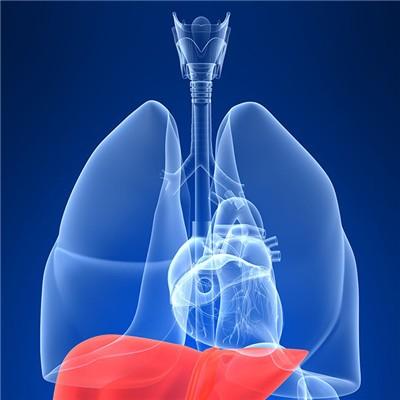What symptom does cerebral hemorrhage have?
summary
The common causes are hypertension combined with arteriosclerosis, microaneurysm or microangioma, and others include cerebrovascular malformation, meningeal arteriovenous malformation, amyloid cerebrovascular disease, cystic hemangioma, intracranial venous thrombosis, specific arteritis, fungal arteritis, moyamoya disease, arterial anatomical variation, vasculitis and tumor stroke. What symptom does cerebral hemorrhage have? Let's talk about it
What symptom does cerebral hemorrhage have?
Hemiplegia is the most common motor disorder; The main manifestations of speech disorder are aphasia and vagueness. About half of the patients have vomiting, which may be related to increased intracranial pressure, vertigo attack and meningeal blood stimulation during intracerebral hemorrhage.
When patients with cerebral hemorrhage, often at the same time there will be coma, sleepiness and other performance. Moreover, if the patient has massive bleeding symptoms, the patient's consciousness will be impaired. Anisometropia often occurs in patients with increased intracranial pressure; Can also have hemianopia and eye movement disorders, such as cerebral hemorrhage patients in the acute phase often two eyes staring at the bleeding side of the brain.
Headache is the first symptom of cerebral hemorrhage, often located in the blood side of the head; When intracranial pressure increases, the pain can spread to the whole head. Dizziness is often associated with headache, especially in cerebellum and brainstem hemorrhage.
matters needing attention
Stay in bed for 2-4 weeks, keep quiet, avoid emotional excitement and high blood pressure. Closely observe vital signs such as body temperature, pulse, respiration and blood pressure, and pay attention to pupil changes and consciousness changes. Keep the respiratory tract unobstructed and clean the respiratory secretions or inhaled substances. Tracheal intubation or incision should be performed in time when necessary; Patients with conscious disturbance or gastrointestinal bleeding should fast for 24-48 hours and empty the contents of stomach if necessary.










